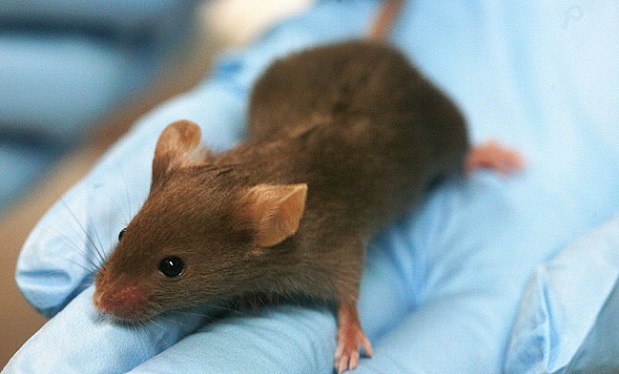CNN had a remarkable sentence in its story about the nascent anti-aging drug Rapamycin. “After nearly a decade of research showing that it makes mice live up to 60% longer, scientists are trying it out as an anti-aging drug in dogs and humans.” Then CNN continues to tell the story of Momo the dog, who at 13 runs around like a much younger canine. Wait, didn’t you just say they were testing it in dogs and HUMANS? Because we have a hunch far more humans than dogs are reading this article — and dog lovers included these humans are interested in how Rapamycin could stretch their own longevity (if only so they can take care of their hounds!).
They get to the humans later, though. And when they do you understand why. Two drugs like Rapamycin approved for humans, Rapamune (Pfizer) and Afinitor (PDF), are already being used to treat cancer patients and organ transplant recipients. Because they’ve been administered to people who are already sick and because of the simultaneous treatments those patients undergo, it’s challenging to control for the full effects of Rapamune and Afinitor. In healthy patients rapamycin testing has been limited, though it was shown to improve immune function in the elderly in one study. The abstract of that study begins with marvelous promise: “Inhibition of the mammalian target of rapamycin (mTOR) pathway extends life span in all species studied to date.” But the extent of various side effects, like diabetes, requires much further study.
